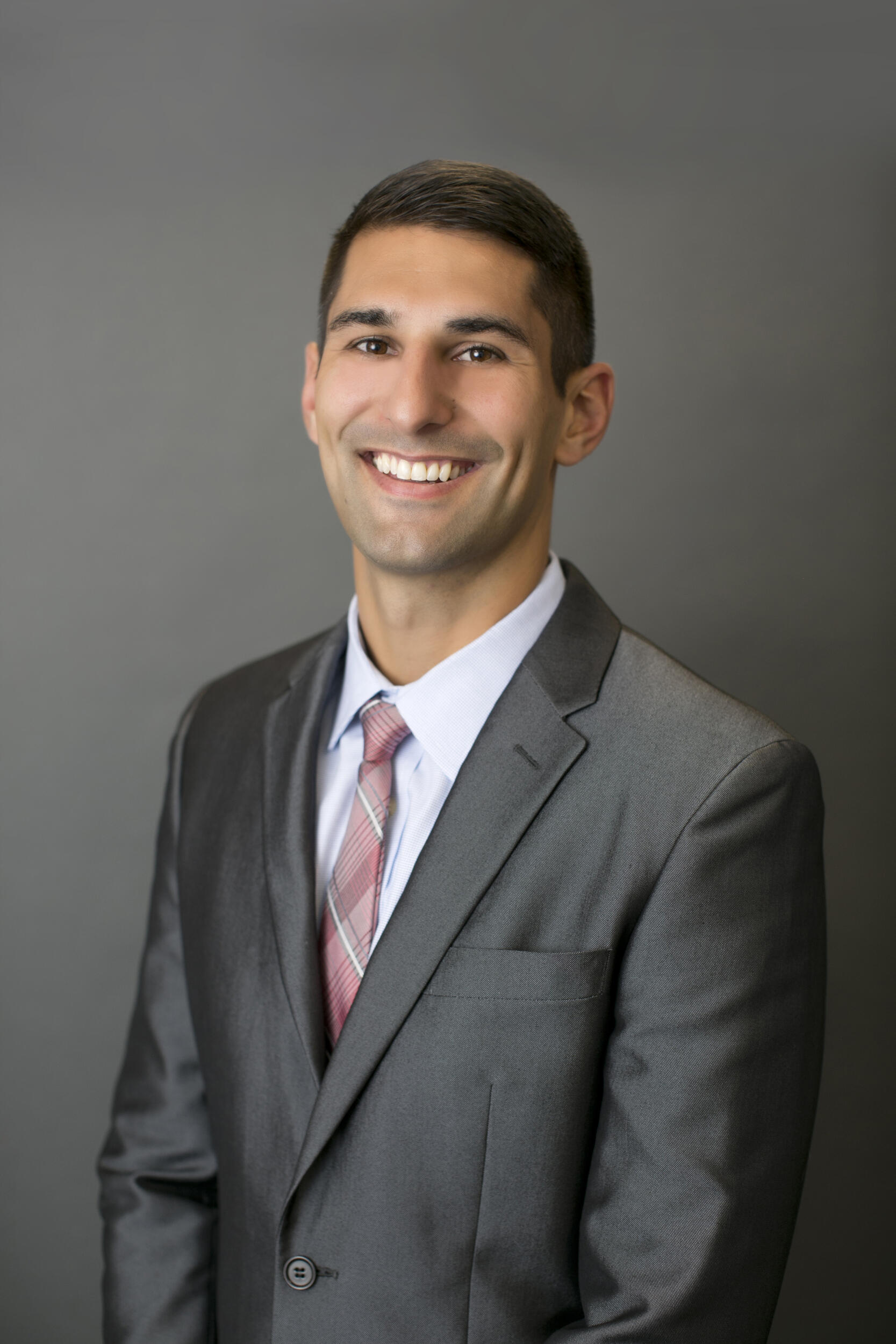
Jan. 18, 2024
VCU research promotes a business paradigm shift that emphasizes people, not just profit
In a new paper, business professor Christopher S. Reina offers a road map for how organizations can integrate mindfulness, wisdom and ethics to support well-being – for companies and their employees.
Share this story
New research from Virginia Commonwealth University fundamentally challenges the paradigm that business organizations should promote profit above all else.
Christopher S. Reina, Ph.D., executive director of the VCU Institute for Transformative Leadership, lays out the foundation for transforming business to be much more people-centered and humanistic in “Humanistic Organizing: The Transformative Force of Mindful Organizational Communication.” The paper appears in the Academy of Management Review, one of the most highly regarded journals in the field of business management.
Reina and co-authors Sophia Town and Michael Pirson of Fordham University and Boris Brummans of University of Montreal develop a novel framework for businesses to transform into more people-centered organizations where individuals feel valued and a strong sense of belonging.
“This paper helps us understand how we can design new organizations — and transform existing organizations — to be places where people thrive and flourish rather than be used solely for economic gains,” said Reina, who is also faculty director of MBA Programs and associate professor in the Department of Management and Entrepreneurship at the VCU Business School. “This is especially important because the pain and suffering people are experiencing across their personal and professional lives has an effect on how they show up at work and, ultimately, how the company performs.”
When developing their theory, the authors drew deep inspiration from mindfulness and its underlying philosophical traditions, as well as research on how organizational leaders communicate to create and reinforce organizational cultures.

They demonstrate that transforming organizations is a matter of rethinking an organization’s underlying ethos, or reason for being, and grounding that ethos in humanistic principles. Steps include embedding the wisdom of this new ethos in organizational communication and mindfully drawing on this wisdom when generating, revising and enacting organizational policies, practices and procedures.
In enacting this wisdom, leaders should draw upon an ethical framework that includes embracing the concept of impermanence — that everything changes and is constantly in flux — and the concepts of interdependence and non-self — that there is a high degree of interconnectedness between people and things, and that one does not exist as separate from all other things.
The research considers two example organizations: one that has demonstrated humanistic organizing from its inception (Greyston Bakery, based in a suburb of New York City), and another that underwent a transformative process to become more humanistic (Barry-Wehmiller, a St. Louis-based manufacturing technology company).
“In a world characterized by constant disruption across social, health, economic, psychological and environmental domains, as well as widespread suffering in the form of employee stress, anxiety, burnout and disengagement, both scholars and leaders call for business to undergo transformative change in order to bring about more collective flourishing,” the paper reads.
Reina’s advice for business leaders?
“First and foremost, leaders should think about the humans in their span of care,” he said. “Accomplishing transformative change toward being more people-centered in our organizations requires significant effort, but it is vital and can be achieved through embracing mindfulness and wisdom rooted in an ethical framework that reinforces interdependence and connectedness. By engaging in transformative leadership — which breaks down barriers and siloes while reducing the illusion of separation, and eschews thinking and acting in ways that do not to embrace the changing nature of everything — there is great hope that our organizations of the future will operate and communicate much differently than they do now.”
Subscribe to VCU News
Subscribe to VCU News at newsletter.vcu.edu and receive a selection of stories, videos, photos, news clips and event listings in your inbox.









